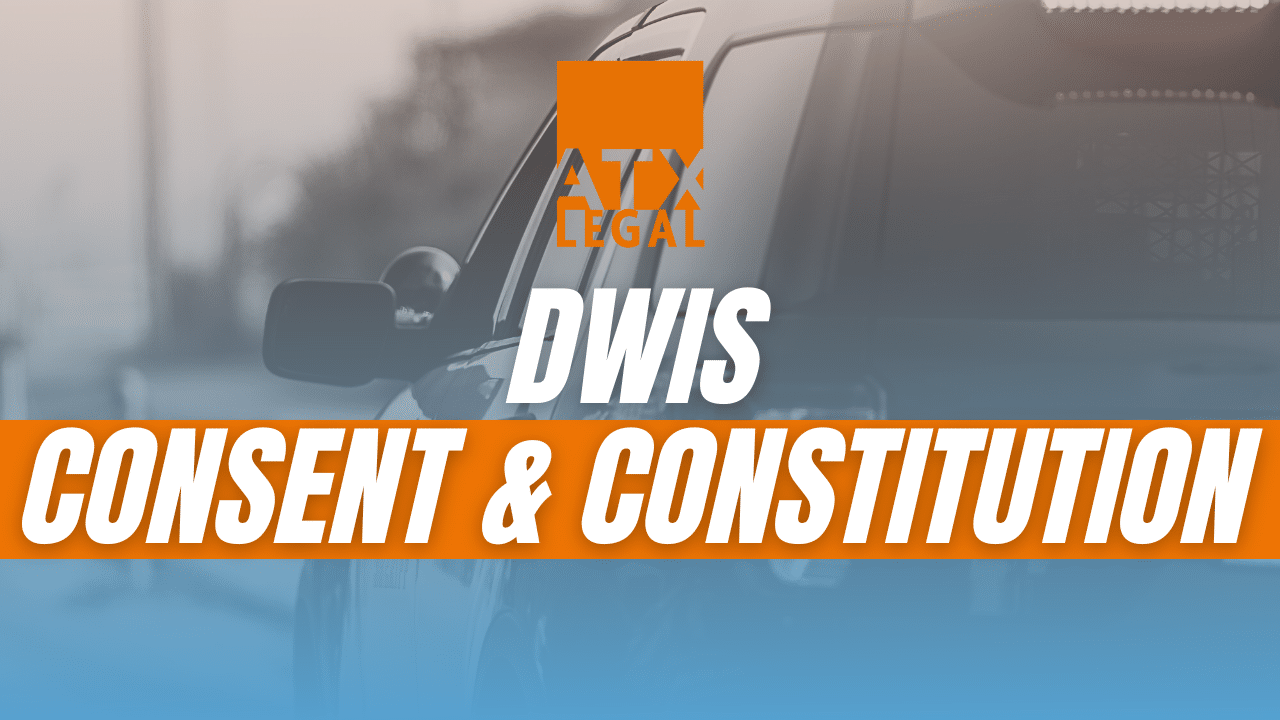Can You Get a PR Bond for Domestic Violence? Arrest and Bond in DV Cases | ATX Legal
Understanding Domestic Violence Charges
Domestic violence charges are among the most serious criminal offenses and can lead to severe consequences, including jail time, fines, and a permanent criminal record. According to Texas law, domestic violence involves acts intended to cause physical harm, bodily injury, or assault to a family or household member. Threats of violence that instill fear of imminent physical harm are also considered domestic violence offenses.
These charges carry weighty implications under the law, which often views domestic violence cases with heightened scrutiny. For defendants, understanding the nature of domestic violence charges and their legal ramifications is essential, especially when it comes to navigating bail or bond options.

The Arrest for Domestic Violence Charges
An arrest for domestic violence charges can occur in two primary ways. If the alleged offender is present when police arrive and probable cause exists, the defendant will be arrested on the spot and taken into custody. Alternatively, if the individual has left before law enforcement arrives, a warrant for their arrest may be issued and executed later.
The defendant’s criminal history plays a pivotal role in determining arrest decisions and bond terms. For those facing a warrant, arranging a walk-through with an attorney can streamline the process and minimize uncertainty surrounding release. Walk-throughs can involve collaboration with a bail bondsman or attorney to expedite posting bail and reducing jail time.
Personal Recognizance Bond
A Personal Recognizance (PR) bond allows defendants to be released on their own recognizance, meaning they do not have to post bail money upfront. However, the judge evaluates various factors before granting a PR bond. These include the severity of the domestic violence charge, the alleged victim’s input, and the defendant’s prior criminal history. Judges or pretrial services often contact the victim directly to assess whether they feel threatened, and their statements can influence the bond amount or conditions of release.
For defendants, securing a PR bond is often the best-case scenario, as it eliminates significant upfront costs. When a PR bond is denied, defendants may have to turn to other options, such as cash bail or surety bonds, to secure their release.
Cash/Surety Bonds
If a PR bond is not approved, defendants can post bail using a cash bond, which involves paying the full bail amount to the court. This amount is refunded upon the resolution of the case, provided all conditions are met. Alternatively, defendants can turn to a bail bondsman, who will post the bail in exchange for a non-refundable fee, typically 10% of the total bail amount.
The amount of bail varies depending on the severity of the charges. For misdemeanor cases, bonds can start as low as $5,000, while felony-level domestic violence charges can lead to bail amounts of $50,000 or higher. It’s worth noting that conditions, such as GPS monitoring or counseling, may accompany the bail.
Conditions of Release
When a judge grants a bond, there are often strict conditions of release that must be followed. These conditions may include:
No-contact or protection orders with the alleged victim.
GPS monitoring to ensure the defendant avoids certain locations.
Mandatory counseling sessions or intervention programs.
Failure to comply with these conditions can result in jail time, forfeiture of bail money, or additional criminal charges. It’s vital for defendants to understand and adhere to all release terms to avoid further complications.
A Protective Order Can Delay Release
In many domestic violence cases, a protective order may be issued to safeguard the alleged victim. While this is designed to prevent further contact or harm, it can also delay the defendant’s release from custody. Before granting a bail bond, the court may impose conditions tied to the protective order, such as limiting communication with the victim, prohibiting access to shared properties, or even mandating temporary relocation.
Judges often require that defendants formally acknowledge and agree to the terms of the protection order before release. This can prolong the process, especially if the defendant must meet additional conditions, such as securing GPS monitoring or attending an initial counseling session. Failure to adhere to these terms can result in immediate re-arrest, revocation of bond, and additional criminal charges.
For individuals facing a domestic violence charge, understanding the impact of a protective order is crucial. An experienced attorney can negotiate bond terms and ensure the release process proceeds as smoothly as possible while complying with the protective order’s stipulations. By addressing these conditions proactively, defendants can avoid unnecessary delays and further legal complications.
Bond Reduction Hearing and Defendant’s Criminal History
If the set bond amount is unaffordable, defendants can request a bond reduction hearing. During the hearing, the judge considers evidence about the defendant’s financial situation, ties to the community, and lack of danger to society.
Bond reductions are more common in felony cases, where bond amounts can be prohibitively high. For example, bonds in domestic violence cases involving felonies or aggravating factors such as the use of a deadly weapon or severe physical harm can exceed $100,000.
Seeking Legal Support for Domestic Violence Charges
Facing a domestic violence charge is daunting, but an experienced criminal defense lawyer can help you navigate the complexities of the legal system. From securing a fair bail bond to developing a defense strategy, an attorney’s guidance is crucial.
At ATX Legal, we specialize in handling domestic violence offenses and helping clients through the challenging process of dealing with domestic violence cases. If you’re dealing with posting bail or fighting a domestic violence charge, we can help. Contact us today at 512-677-5003 for a free consultation to discuss your case and explore your legal options.


